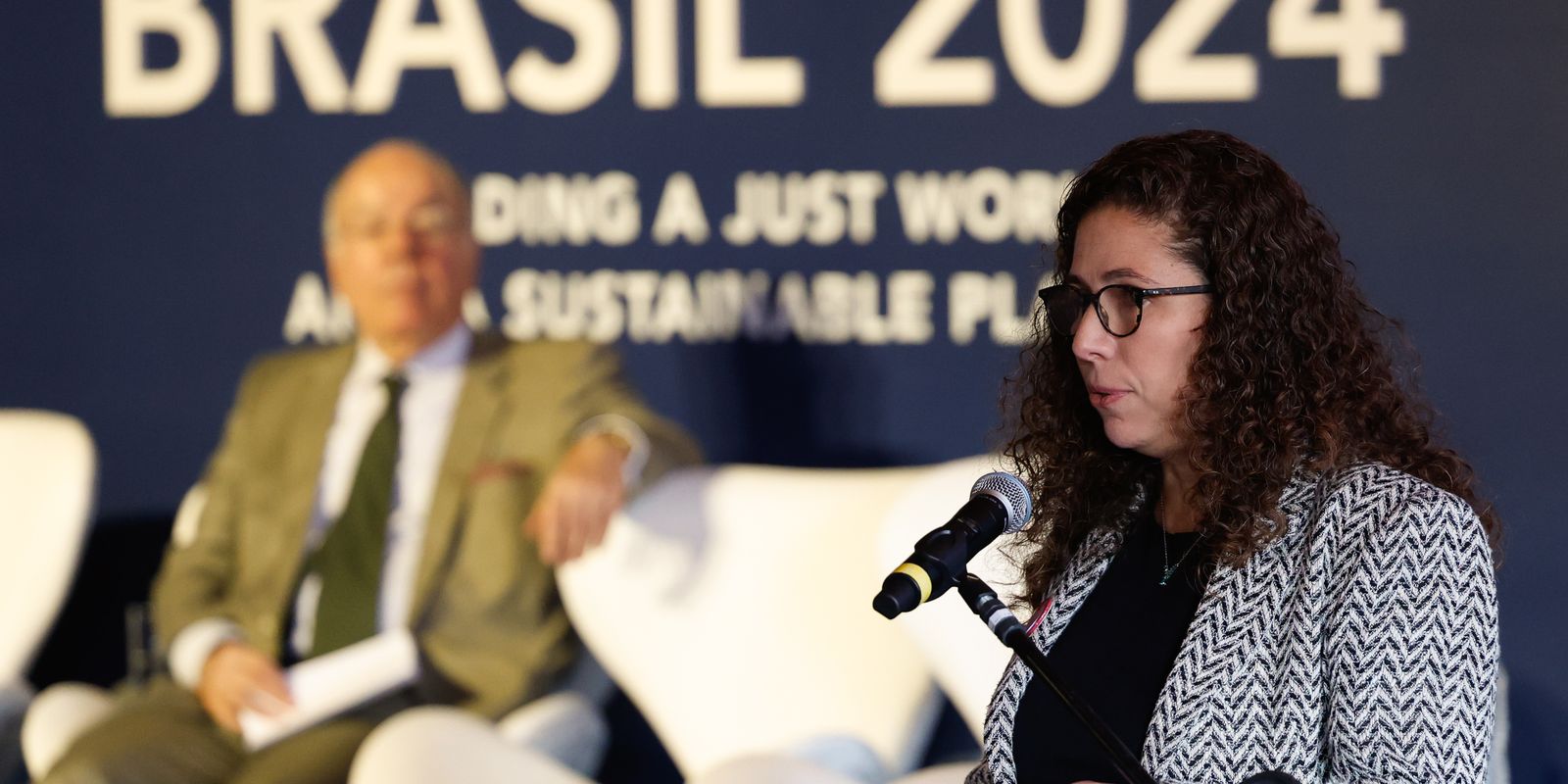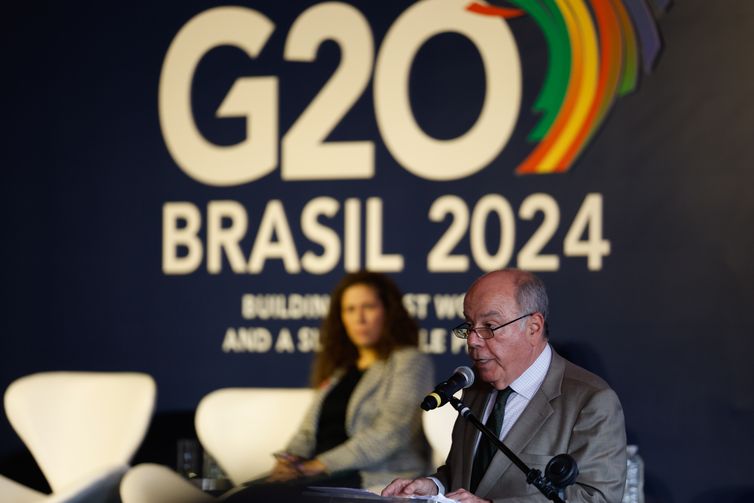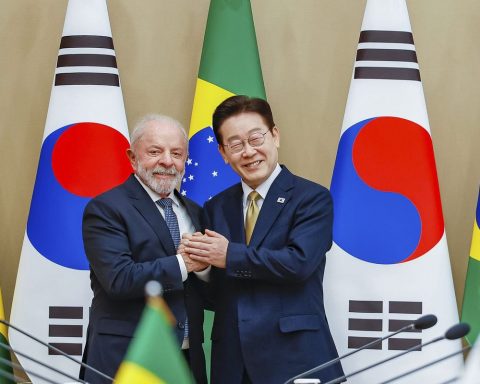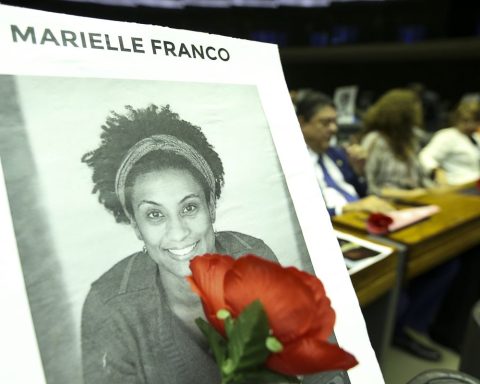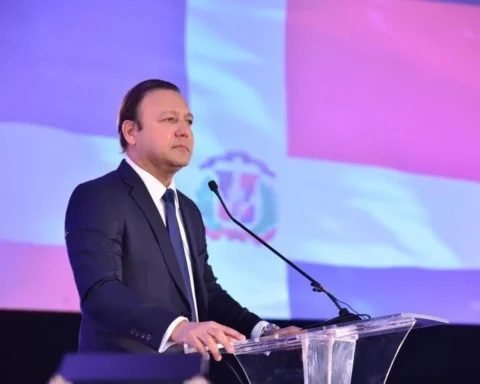The Minister of Management and Innovation in Public Services, Esther Dweck, said on Monday (22) that part of the spending cuts that the government will make will later be reversed when there is a new source of revenue. Last week, the Minister of Finance, Fernando Haddad, announced the decision to freeze R$ 15 billion in the 2024 Budget.
“We will recover revenues, so we can reverse part of these spending cuts,” Dweck assured. She recalled the decision of the Supreme Federal Court (STF) published in Maywhen the court gave the government 60 days to present a source of financial compensation for the payroll tax relief until 2027, which was extended according to a law approved last year. Without compensation, the benefit granted to companies and municipalities may lose its validity. The matter has been the subject of negotiations between the government and Congress.
“There is this important issue, which was the reduction in revenue, the result of a measure that the government had sent to Congress and that was rejected. And then, the compensation proposed by the Minister of Finance, Fernando Haddad, was also rejected. And we are in this debate with Congress about how to make this compensation, which the Supreme Court itself has already said needed to be done.”
According to the minister, there is no contradiction between defending the strengthening of the state and freezing investments. “Brazil is discussing the quality of spending,” she said. According to Dweck, another part of the spending cuts is related to the growth of important social policies.
“We want to ensure that these policies are serving those who need them,” added Dweck, mentioning the need for an update to the Continuous Benefit Payment (BPC) and social security services.
States of the Future
The minister’s statements came at the end of her participation in the Future States panel, which is part of the parallel program of the G20 Development Ministerial Meeting. During her presentation, Dweck stated that there was a dismantling of state capacities during the previous government. According to the minister, measures are underway to reverse this situation, through the strengthening of state-owned companies and the appropriate management of public assets, public lands, knowledge, and the protection of national memory.
“The importance of the State is not limited to its actions in times of acute crises. The State, as a development project, is a long-term project. It cannot be turned on or off with the push of a button. Building its capabilities, including those to be used in the prevention and response to emergencies, is an ongoing task. Unfortunately, destroying is quicker and easier than building. Recovering its core capabilities consumes political energy and, above all, time that would be much better used consolidating progress, strengthening resilience and accelerating responses,” he said.
The minister also advocated for the State to play a leading role in managing the economy. “Its role is not limited to correcting so-called market failures. Its contribution to development and value creation is much broader, as it shapes the market and opportunities for renewed investment.”
According to Dweck, this discussion is of utmost importance. “We have a twofold task before us: to reinvigorate the reformist and structuring spirit of the debates on development and international economic governance and to update its program for current circumstances,” she added.
G20
The Brazilian presidency of the G20 is carrying out, throughout this week, a intense programming. One of the highlights will be the pre-launch of the Global Alliance against Hunger and Poverty, on Wednesday (23). As part of this agenda, the G20 Development Ministerial Meeting began in the morning with its first session, whose agenda included topics related to access to water and sanitation. In addition to Mauro Vieria and Esther Dweck, the Minister of Cities, Jader Filho, and the Minister of Planning and Budget, Simone Tebet, were also present.
The world’s 19 largest economies, as well as the European Union and, more recently, the African Union, have seats in the G20. The group has established itself as a global forum for dialogue and coordination on economic, social, development and international cooperation issues. In December of last year, Brazil succeeded India as president. This is the first time that the country has assumed this position in the current G20 format, established in 2008. At the end of the year, Rio de Janeiro will host the G20 Summit and the presidency of the group will be transferred to South Africa.
The parallel program of the G20 Development Ministerial Meeting was planned as a space for exchange between authorities and civil society. For the Minister of Foreign Affairs, Mauro Vieira, the debate on the State of the Future contributes to the construction of a common agenda among countries. “It offers an opportunity to reflect on the importance and centrality of state capacities to drive sustainable and inclusive development,” he said.
He also believes that the topic is in line with the priorities of Brazil’s mandate in the G20, as listed by President Luís Inácio Lula da Silva. These are: social inclusion and the fight against hunger and poverty; energy transitions and sustainable development; and reform of global governance institutions.
“In addition to expanding our capacity for interstate cooperation, we also need to rethink the role of the State, which must be capable of facing these challenges and crises, as well as dealing with new and emerging issues. It is therefore essential to overcome the perception of the State as a mere efficient service provider and recover its role as an articulator of the various forces and sectors of society,” said Vieira.
One of the civil society leaders invited to discuss the issue, the executive director of Amnesty International, Jurema Werneck, assessed that the climate crisis is fundamentally a human rights crisis. He made harsh criticisms of the States.
“The climate crisis is fundamentally a human rights crisis, with States as actors who are incapable or uncommitted to fulfilling their duties, obligations and policies that concern them. The climate crisis is occurring at the same time as a serious crisis of confidence in institutions. And there is also a crisis in relation to multilateral institutions and their effective capacity to lead States towards fulfilling their commitments,” he said.
